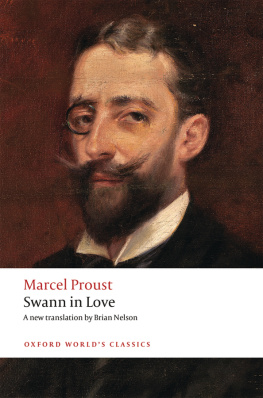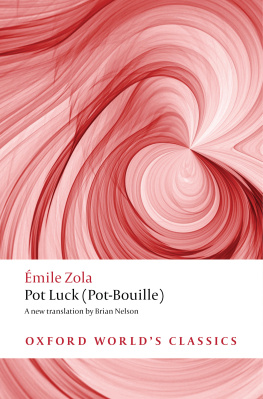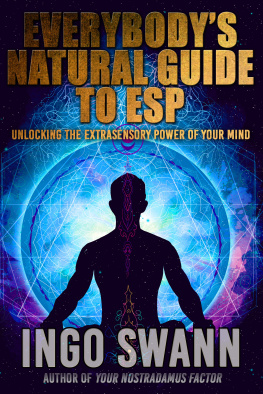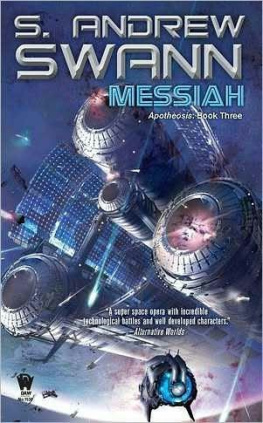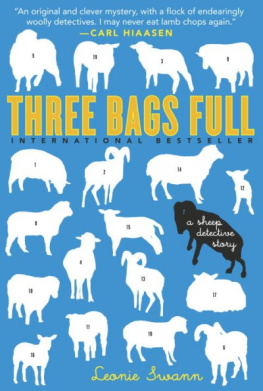oxford worlds classics
For over 100 years Oxford Worlds Classics have brought
readers closer to the worlds great literature. Now with over 700
titlesfrom the 4,000-year-old myths of Mesopotamia to the
twentieth centurys greatest novelsthe series makes available
lesser-known as well as celebrated writing.
The pocket-sized hardbacks of the early years contained
introductions by Virginia Woolf, T. S. Eliot, Graham Greene,
and other literary figures which enriched the experience of reading.
Today the series is recognized for its fine scholarship and
reliability in texts that span world literature, drama and poetry,
religion, philosophy and politics. Each edition includes perceptive
commentary and essential background information to meet the
changing needs of readers.

Great Clarendon Street, Oxford, ox2 6dp,United Kingdom
Oxford University Press is a department of the University of Oxford. It furthers the Universitys objective of excellence in research, scholarship, and education by publishing worldwide. Oxford is a registered trade mark of Oxford University Press in the UK and in certain other countries
Translation Brian Nelson 2017
Editorial material Adam Watt 2017
The moral rights of the authors have been asserted
First published as an Oxford Worlds Classics paperback 2017
Impression: 1
All rights reserved. No part of this publication may be reproduced, stored ina retrieval system, or transmitted, in any form or by any means, without theprior permission in writing of Oxford University Press, or as expressly permittedby law, by licence or under terms agreed with the appropriate reprographicsrights organization. Enquiries concerning reproduction outside the scope of theabove should be sent to the Rights Department, Oxford University Press, at theaddress above
You must not circulate this work in any other form and you must impose this same condition on any acquirer
Published in the United States of America by Oxford University Press198 Madison Avenue, New York, NY 10016, United States of America
British Library Cataloguing in Publication Data
Data available
Library of Congress Control Number: 2017935259
ISBN 9780198744894
ebook ISBN 9780191062339
Printed in Great Britain by Clays Ltd, St Ives plc
Contents
Swann in Love is a brilliant, devastating novella that tells of infatuation, love, jealousy, and suffering. It is a love story that illuminates the fragilities and foibles of human subjects when in the grip of desire, set against the backdrop of Paris during the last decades of the nineteenth century, the time of the Belle Epoque. This is the tale of Charles Swann, a highly cultured man-about-town, and the psychological turmoil into which he is plunged when he falls for a young woman by the name of Odette de Crcy. Swann in Love is an integral part of the complex narrative structure of the seven-volume novel In Search of Lost Time (A la recherche du temps perdu, 191327) by Marcel Proust (18711922). It takes up approximately one third of the first volume, Swanns Way, sandwiched between the opening section (Combray), which tells of the narrator-protagonists childhood in the village of that name, during which Swann is introduced as a family friend, and the much shorter closing section Place-names: the name, which reflects on a much later stage in the narrators life. The chronology here is complex: Swann in Love tells of a period in Swanns life that pre-dates the narrators birth. It is an extended flashback, therefore, providing the backstory to the elegant and somewhat enigmatic figure we meet in Combray. Chronologically, the events of Swann in Love are the earliest in Prousts narrative, and Swanns relationship with Odette provides a blueprint of sorts for many other amorous relationships we encounter later in In Search of Lost Time. It is thus a crucial building block in the edifice of Prousts novel yet at the same time it is a stand-alone novella that can be very fruitfully read as such. In this it is something of an oddity. Proust, the story goes, is all about heft and stamina: it is about hand- and eye-wearying tomes that pile up to a total of over three thousand pages of text. Yet here is Swann in Love, a sprightly, slender volume that one might read in two or three sittings, neither a sprawling epic nor a fearsome modernist puzzle, but more straightforwardly a love story: Un amour de Swann, to give it its French title. Readers who choose to read the whole of In Search of Lost Time spend a great many hours in the company of the books narrator. It is perhaps the greatest first-person narrative of all time. From this perspective, too, Swann in Love is at odds with the rest of the Search, since the first-person narrator makes only a handful of fleeting appearances: the text is otherwise exclusively, intimately (and at times agonizingly) focused on Charles Swann and the love affair that shapes his life.
For many years various editions of Un amour de Swann have been available to readers of French, providing an affordable, approachable taster for those whose interest in Proust has been piqued but who are perhaps not quite ready for the long-haul commitment to In Search of Lost Time as a whole. The present volume now offers that same opportunity to English-language readers, in a new translation by Brian Nelson. Until now, those intent on broaching Prousts novel have been obliged to start with the 400-plus pages of Swanns Way, or pick one of the other six weighty volumes at random. Swann in Love provides an excellent alternative access route to Prousts writing. Many readers (and this was also true in Prousts day) find the often inward-looking, associative, slow-moving nature of the writing in Combray hard to get used to. Prousts famously long and complex sentenceswhich typically reflect long and complex thought processesrepresent a challenging interpretive work-out for the first-time reader and yield little to he or she who seeks the brisker gratifications of an action-driven plot. Starting with Swann in Love to a large extent allows readers to sidestep those potential barriers. Much of the apparent indirection or circuitousness of Prousts writing in Combray (and elsewhere in the Search) comes as a result of his wish to make timeour lived, subjective experience of temporalitythe very substance of his art. The multifaceted nature of Prousts writing, its imbrications, its coils and loops, can put off those experiencing it for the first time, but these qualities do not represent indulgent or arbitrary obscurantism. Rather, it is through syntax, word choice, imagery, and even punctuation that Proust seeks to approximate the non-linear, non-neat-and-tidy ways in which we experience temporality. The famously challenging, destabilizing opening pages of Combray derive their complexity from the fact that in those pages we are witness to the narrator-protagonist of this vast novel trying to establish not only where in time and space he finds himself but also who he is. Such philosophical enquiry is not wholly foreign to the pages of Swann in Love, but this latters status as a love story told essentially in the third person makes it more conventional and approachable in terms of its narrative structure. Its thematic preoccupations, however, are cut from very much the same cloth as the rest of the

